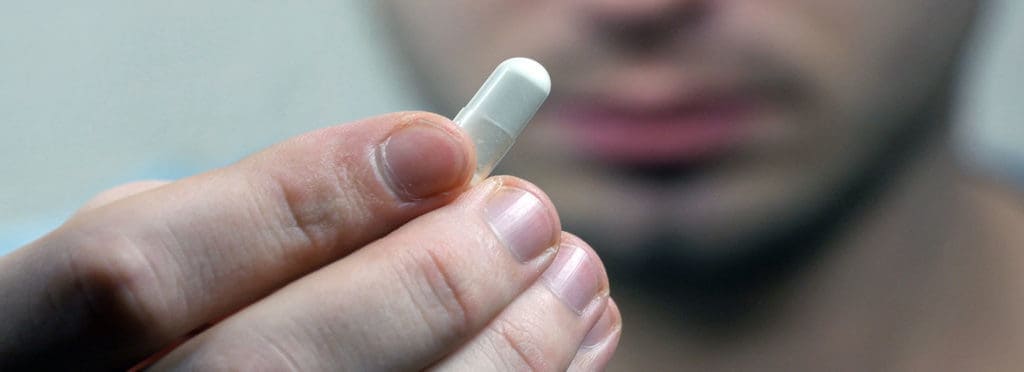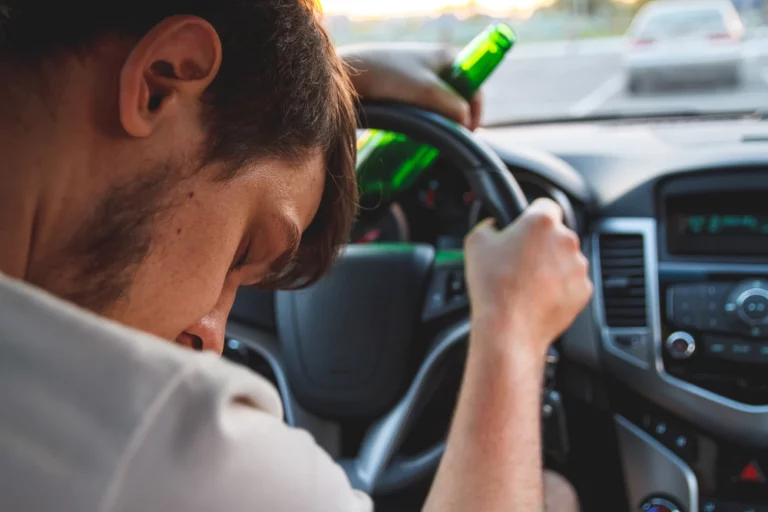How to Wean Off of Medication Safely
Prescription use is prevalent in the United States, with approximately 66 percent of adults currently on at least one medication. Due to medical advances within the last few decades, there are medications to treat or remedy almost any disorder, infection, or disease. Despite the many benefits of prescribed substances, they can be difficult to taper from if no longer needed.
An even more serious complication of prescription use is when medications are misused or abused. Discontinuing use of certain medications can pose serious risks to those who are unaware of the side effects and can even worsen the individual’s condition and health.
At Oasis Recovery, your safety and wellbeing are our top priority. That is why we have compiled a list of steps to take if you or a loved one are considering weaning off medication.
Do Not Stop Abruptly
Despite what may seem to be the most effective approach, abruptly ceasing medication use is not advised. Once the body has adapted to the chemical presence of a specific medication, its sudden absence will induce unpleasant side effects. In some situations, these side effects can be fatal. For example, Xanax, a benzodiazepine commonly prescribed to treat anxiety, can cause seizures if use is abruptly stopped. The best way to wean off medication is to taper use gradually.
Talk with your Physician
If you are attempting to wean off medication, speaking with the prescribing physician is a great first step. They can help patients develop a plan that involves gradually reducing the prescription dosage until it is safe to entirely stop use. In some cases, they may prescribe an alternative, non-habit-forming medication if treatment is still necessary.
Pick a Good Time to Stop
To ensure a smooth transition, an individual who is dependent on medication should choose a time that will best support gradual discontinuation. Times of high stress, physical pain, or even general emotional unrest may possibly make the process more difficult. A good time to begin tapering off medication is when the individual feels supported, ready, and in good health. This does not apply to situations where the medication is threatening someone’s health or life.
Tell People
Once it has been decided that it is time to wean off of medication, telling friends and family can provide support and reinforce the user’s motivation to quit. By being aware of the situation, loved ones are given the opportunity to encourage the individual, overall benefitting the process.
Stop Using One Medication at a Time
Weaning off of medications is a marathon, not a sprint. Upon consulting with the prescribing doctor, a plan will be put in place where each medication can be gradually decreased in dose to make the process as natural and comfortable as possible. Abruptly ceasing use of even one medication can have dangerous consequences, let alone two or more.
Practice Holistic Remedies
Once an individual begins tapering off of a medication, applying alternative treatments can be very helpful. Those weaning off of anti-anxiety medication may benefit from holistic therapies such as yoga, meditation, or breathwork whereas those attempting to quit opioids might benefit from acupuncture or support groups. These holistic treatments can remedy ailments without the chemical manipulation of medication.
Learn More About Weaning off Medication with Oasis Recovery
As a common remedy in the U.S., prescription use is prevalent. If you or a loved one is struggling with a medication addiction, the professionals at Oasis Recovery would like to help. Our addiction specialists offer several proven treatments and treatment programs to help people overcome their addiction. Contact us today for more information on how we can help you or your loved one live a life of sobriety!










